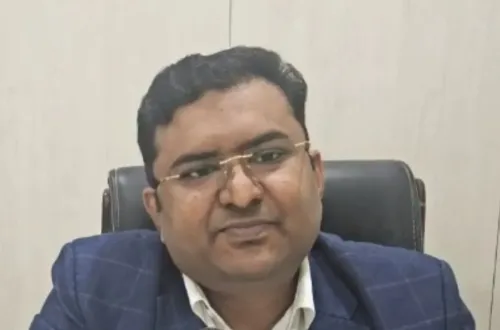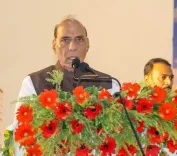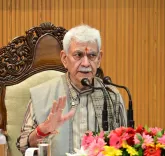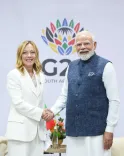What is the New Green Hydrogen Certification Scheme Launched by Pralhad Joshi?
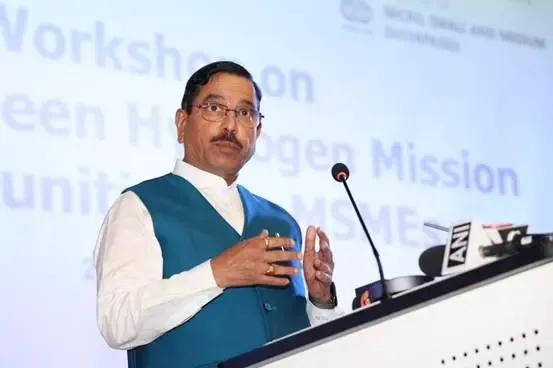
Synopsis
Key Takeaways
- Green Hydrogen Certification scheme launched to ensure credibility.
- MSMEs will play a critical role in energy transition.
- Focus on building capacities and technology linkages.
- Panel discussions highlighted collaboration and business models.
- Financial institutions discussed accessible green credit lines.
New Delhi, April 29 (NationPress) The Union Minister for New and Renewable Energy, Pralhad Joshi, officially introduced the Green Hydrogen Certification scheme on Tuesday, marking a significant milestone in establishing a comprehensive framework for the certification of green hydrogen production. This initiative aims to enhance transparency, traceability, and market credibility.
The minister underscored the government's dedication to promoting innovation-driven growth, highlighting that MSMEs will be pivotal in India's energy transition, leveraging their innovative strengths and localized approaches.
During a national workshop, he emphasized the essential role MSMEs will play in achieving the goals of the National Green Hydrogen Mission, which aims to create a self-sufficient green hydrogen ecosystem by 2030.
This workshop aimed to identify opportunities and discuss the vital contributions of MSMEs in developing India's green hydrogen landscape. More than 300 delegates participated, representing diverse stakeholder groups, including MSMEs, policymakers, technology providers, industry associations, and international collaborators.
Santosh Kumar Sarangi, Secretary of the Ministry of New and Renewable Energy (MNRE), highlighted notable achievements in the implementation of the National Green Hydrogen Mission.
He emphasized the necessity of building capacities, facilitating financing, and enhancing technological connections to empower MSMEs to actively engage in this emerging industrial sector. He reaffirmed the Ministry's commitment to establishing institutional and infrastructural support for green hydrogen, with MSMEs being a vital component.
During the workshop, panel discussions focused on research and development collaboration models, the indigenization of components such as bipolar plates and electrolysers, and the involvement of knowledge institutions.
Conversations also revolved around integrating MSMEs into large-scale initiatives. Experts from international organizations and corporate leaders shared business models and market opportunities, advocating for structured engagement strategies with MSMEs.
Expert presenters discussed real-world applications involving the thermochemical and biochemical conversion of biomass into hydrogen, emphasizing their relevance for rural industries. The session highlighted the potential of decentralized models to satisfy local demand while supporting circular economy principles.
Financial institutions such as the World Bank, IREDA, and IIFCL discussed strategies for de-risking, blended financing mechanisms, and the necessity of designing green credit lines accessible to MSMEs, as per the ministry.

